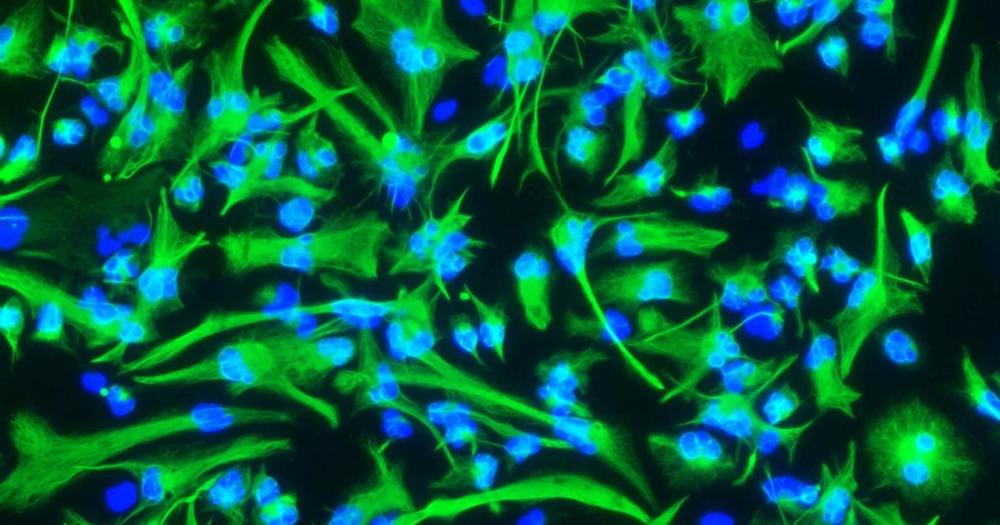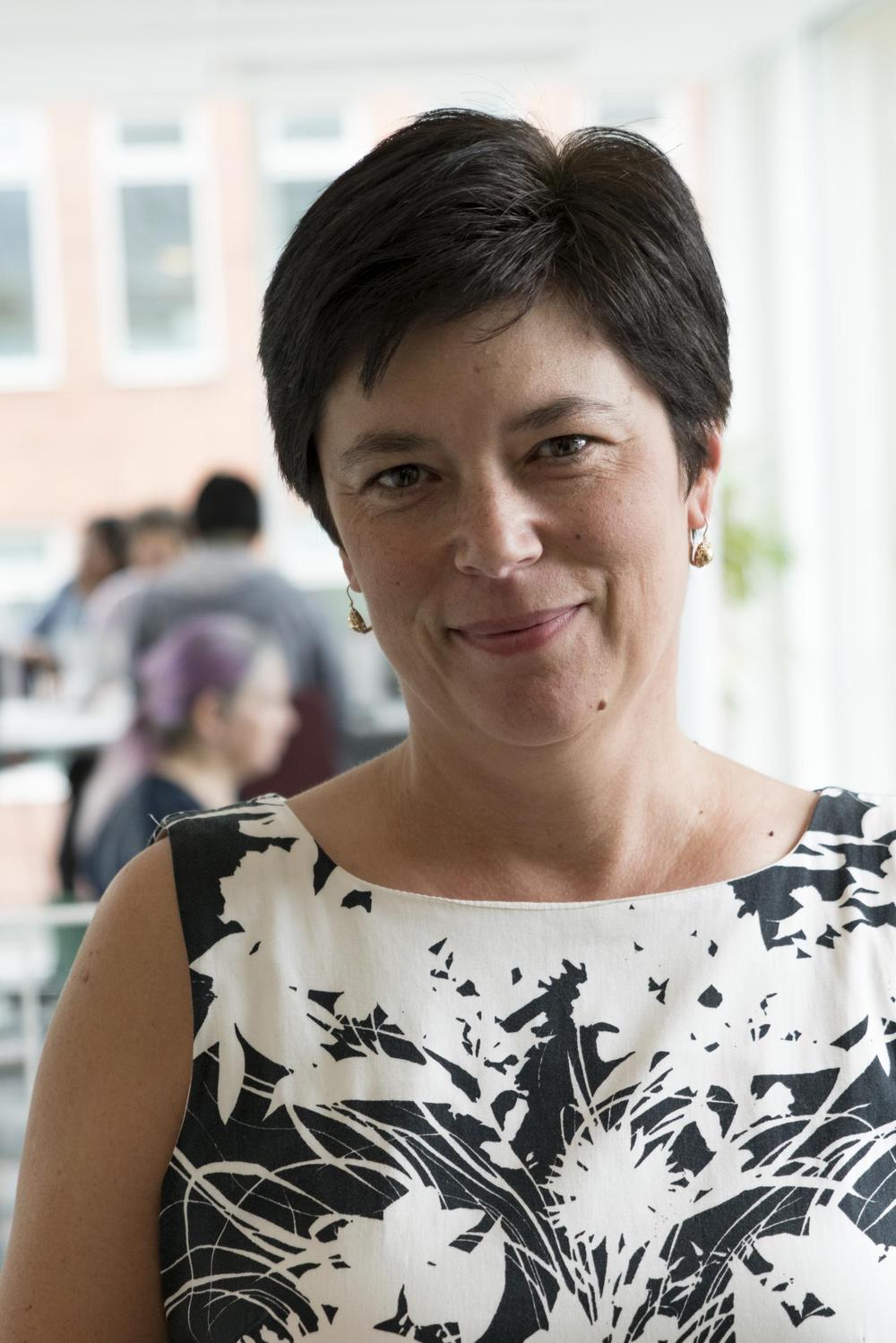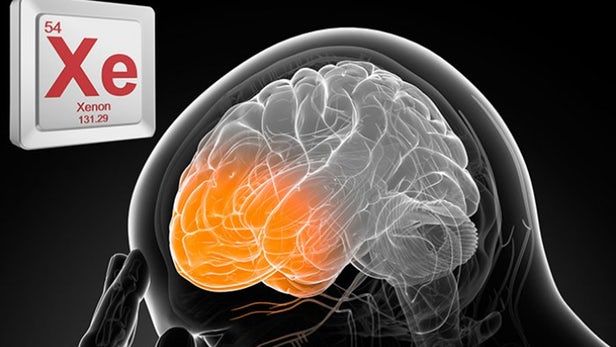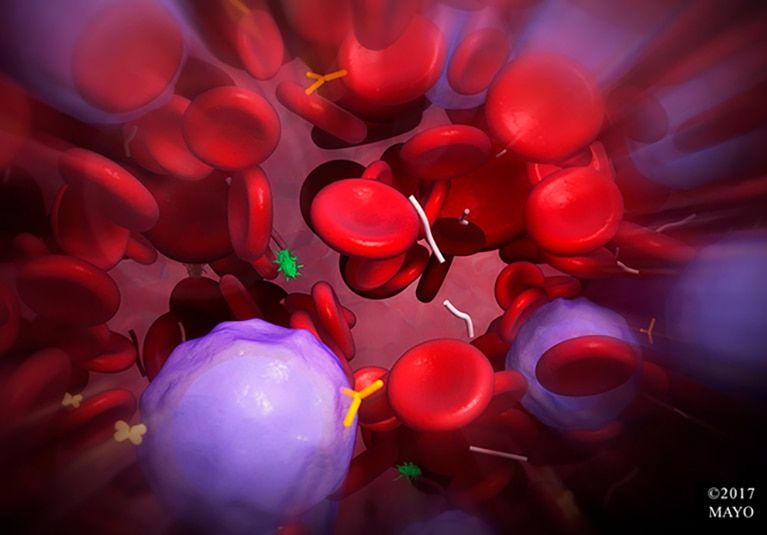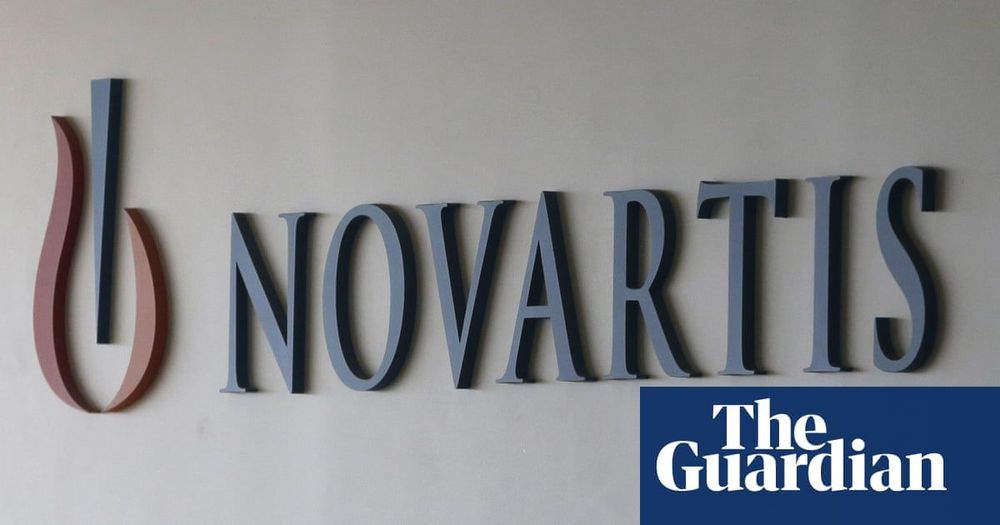Humans may not be able to burp properly in space, but we can now edit a genome. For the first time, astronauts aboard the International Space Station (ISS) have used CRISPR-Cas9 to edit the DNA of brewer’s yeast.
The goal wasn’t to create super space yeast. The astronauts were studying how DNA repair mechanisms work in space, so they snipped through strands of the fungus’s genetic code in a number of places to mimic radiation damage.
“The damage actually happens on the space station and the analysis also happens in space,” said Emily Gleason of miniPCR Bio, the company that designed the DNA lab aboard the ISS. “We want to understand if DNA repair methods are different in space than on Earth.”

